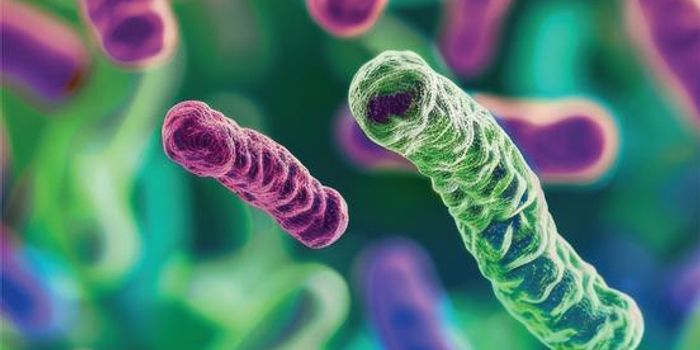Risk of Atrial Fibrillation Raised by Daily Alcoholic Drink
Some studies have suggested that moderate alcohol intake is linked to a lower risk of death from heart disease. But that connection may not necessarily indicate a cause-and-effect relationship. New research that examined data from 108,000 individuals determined that people who regularly consume a modest amount of alcohol have a higher incidence of atrial fibrillation, a condition in which the heartbeat is irregular. The findings have been reported in the European Heart Journal.
Over a median period of almost fourteen years, people that drank one alcoholic drink per day had a 16 percent higher risk of atrial fibrillation compared to those that didn't drink at all. In this study, one alcoholic drink was defined as the equivalent of a small glass of wine (4 ounces or 120 milliliters), beer (11 ounces or 330 milliliters), or spirits (1.35 ounces or 40 milliliters).
Previous research has indicated that regular alcohol intake raises the risk of atrial fibrillation and heart failure. But while small amounts of alcohol intake is also associated with a lower risk of heart failure, this is not true for atrial fibrillation. This could indicate that people who drink small amounts of alcohol don't have an increased risk of atrial fibrillation because of heart failure.
"To our knowledge, this is the largest study on alcohol consumption and long-term incidence of atrial fibrillation in the community. Previous studies have not had enough power to examine this question, although they have been able to show a relationship between alcohol intake and other heart and blood vessel problems, such as heart attack and heart failure. In our study, we can now demonstrate that even very low regular alcohol consumption may increase the risk of atrial fibrillation," said the leader of the current study, Professor Renate Schnabel, a consultant cardiologist at the University Heart and Vascular Center, Hamburg-Eppendorf in Germany.
"These findings are important as the regular consumption of alcohol, the 'one glass of wine a day' to protect the heart, as is often recommended for instance in the lay press, should probably no longer be suggested without balancing risks and possible benefits for all heart and blood vessel diseases, including atrial fibrillation."
While one alcoholic drink was linked to a 16 percent increase in the risk of atrial fibrillation, those drinking two drinks a day were found to have a 28 percent increase, and people consuming more than four drinks a day had a 47 percent increase in the risk of atrial fibrillation compared to people that did not drink at all.
The physiological reasons for this link are still unclear, and though a cause-and-effect relationship has not yet been proven, higher intake does appear to lead to higher risk. Heavy drinking in the short term is also known to trigger short-term atrial fibrillation in a phenomenon sometimes known as holiday heart syndrome. Atrial fibrillation patients sometimes have arrhythmia episodes after consuming alcohol.
Because this study relied on self-reporting of alcohol intake, only European adults were considered, the research was observational, and some atrial fibrillation episodes are asymptomatic, more work will be needed to confirm these findings.
Sources: AAAS/Eurekalert! via European Society of Cardiology, European Heart Journal









